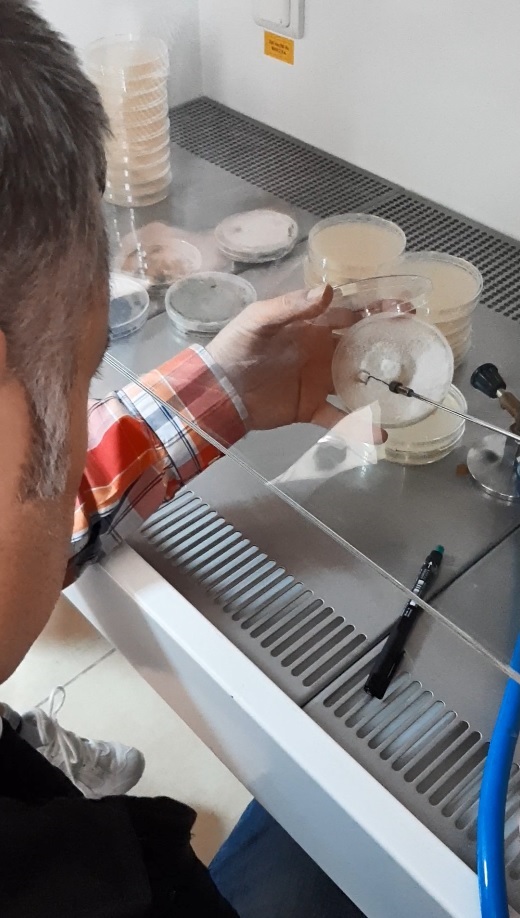
In today’s world, where it is vital to prevent waste and recycle wasted products by converting them, HEKTAŞ, the leader of the plant protection sector, aims to develop useful microbial fertilizers for plants by using wasted breads as fillers and increasing useful fungi on these breads.
Within the scope of the project studies, which can replace chemical fertilizers used in agriculture and microbial fertilizer formulations will be developed, it has been proven that decommissioned dry breads can be used as a potential feeding place for the reproduction of beneficial fungi after undergoing a series of processes, and useful microorganisms have been successfully replicated on dry breads. Gap Agricultural Research Institute Directorate and Sivas University of Science and Technology provided technical and scientific support in the project, and successful results were obtained in preliminary trials on plants with microbial fertilizers prepared with dry breads. After the completion of the project, which will take 36 months to work in detail, it is planned to use about 100 tons of stale bread in the first place in the production of microbial fertilizers useful for plants.
Microbial fertilizers offer economical and environmentally friendly alternatives despite the problem that phosphorus thrown into the soil can quickly bind to other minerals and plants cannot benefit from phosphorus. Within the scope of the project, using a fungus developed on dry breads that convert phosphorus contained in inorganic and organic phosphorus compounds in the soil into a useful form for plants, it will be possible to reintroduce wasted dry breads to the economy and to develop microbial fertilizer formulations that can be alternatives to chemical phosphorus fertilizers.
Annual food waste 214 billion TL
The epidemic process that affected the whole world once again showed how important it is to protect resources and food products or to recycle wasted products. Waste on food in Turkey amounts to TL 214 billion annually. Considering that 5 percent of the total bread produced in Turkey is thrown away, the project aimed at using dry bread in bio-power production is of great importance in preventing waste. Within the scope of the project, waste is prevented while at the same time a food source is produced for plants.

